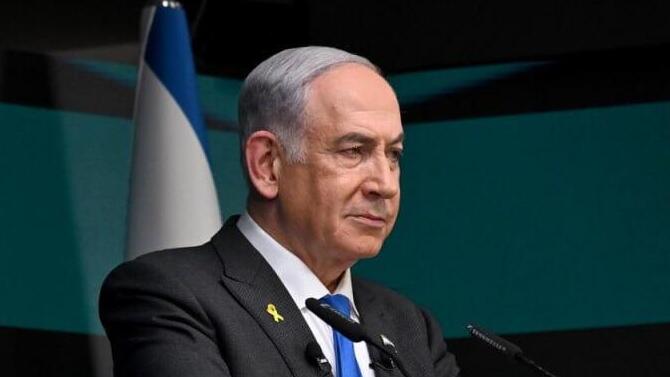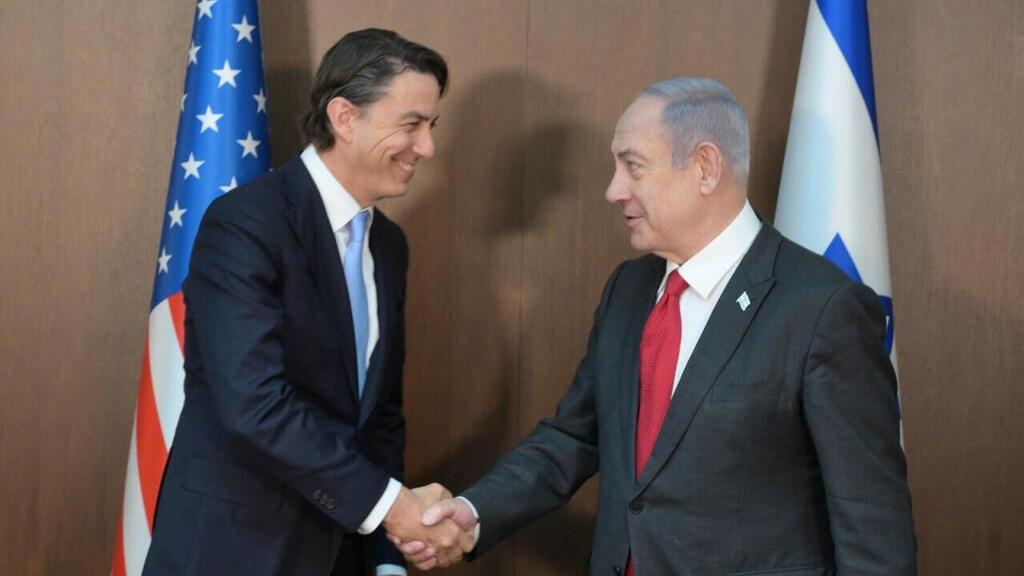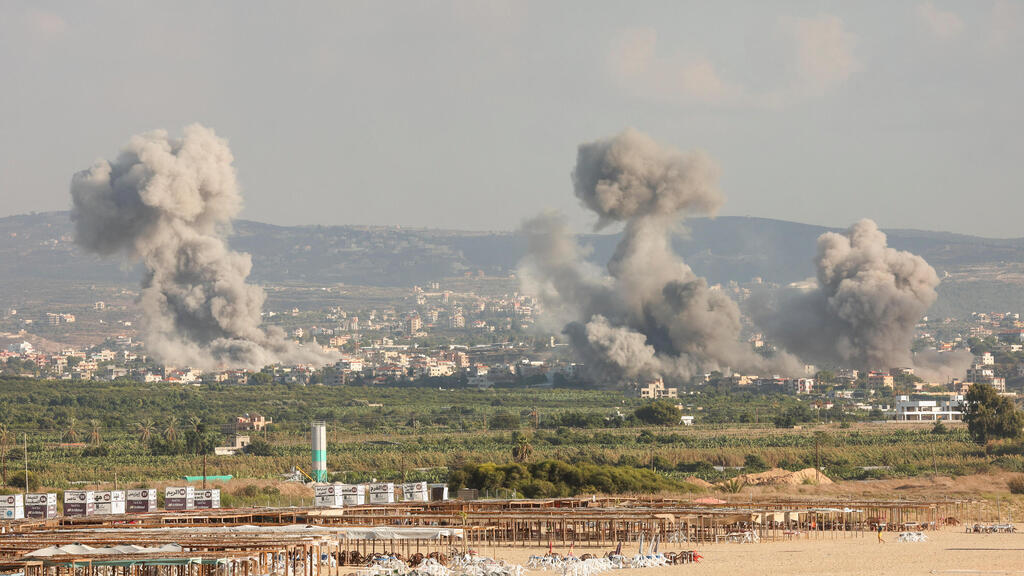Getting your Trinity Audio player ready...
"He's become enthusiastic about the north," a prominent political figure who has spoken frequently with Benjamin Netanyahu in the past two months reported Thursday. "At the start of the war, he didn’t want to hear about it. He briefed everyone, saying a full-scale war with Hezbollah was off the table. Today? With success comes appetite." It's worth noting that this source is far from the left, center, or center-right.
Efforts to negotiate a ceasefire have been ongoing for about a week. The White House, having shaken off their election-related slumber, realized that the large regional war they’ve been dreading is looming.
Ron Dermer was dispatched by the prime minister to speak to officials and the framework on the table is the one originally proposed by France: a 21-day temporary ceasefire to work on Amos Hochstein’s plan for resolving the border dispute. This framework is a polite way to give Hezbollah an off-ramp.
For the first time, Israel was set to secure a separation between the northern and southern fronts: an end to the fire in the north, a path to de-escalation without war, and a potential implementation of an improved version of UN Resolution 1701 approved in 2006 after the Second Lebanon War, ensuring there would be no armed Hezbollah force near the border. The assumption was that a battered Hezbollah wouldn’t want to resume the fighting later.
In some discussions with U.S. National Security Advisor Jake Sullivan, the idea was raised for Netanyahu to announce at the UN that the heavy fighting phase in Gaza was ending. The pursuit of Hamas and those behind the October 7 massacre would continue, but Israel would enter what the defense establishment calls "Phase C." Ministers were briefed. This is the closest thing to a declaration of the war’s end that we’ve heard.
But don’t overstate it—this is primarily a tactical, rhetorical move. And given the right-wing reactions to the entire framework, it may be scrapped altogether.
Netanyahu: No country can accept the wanton rocketing of its cities. We can't either
(Video: GPO)








